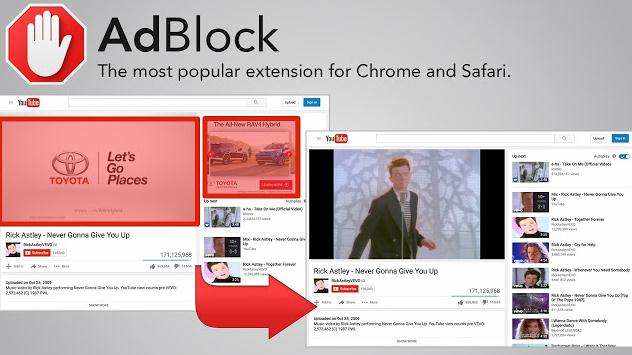


In a world where a basic filter list can easily have 50,000 entries, the new limit imposed isn’t nearly enough to deal with all the ads the internet has to throw at users. Manifest V3 is a major update to how browser extensions function, limiting the number of filters extensions can use to just one static list with 30,000 rules.
In essence, an API enables cooperation between public actors such as extension developers and proprietary software - the browser. In 2018, Google announced Manifest V3, the next iteration of Manifest V2, an API that defines browser-extension communication. In addition to that, most content blocker extensions apply cosmetic filtering, i.e., they resize page elements to fill in vacancies where ads would’ve been. If a page is trying to connect to a server with malicious content, a security extension will block it. The same goes for security extensions, only their filter lists contain requests to malicious websites. When it catches such a request, an ad blocker does what it does best and stops the request. As a web page loads onto the user’s screen, the ad blocker checks its filter lists to see if any of the requests a page is sending is a request to an ad server. They are documents with tens of thousands of entries, each one representing a request to block. In order to understand what’s changing and how it will affect users, a short explanation of ad blockers is necessary.Īd blockers, much like security extensions and other content blockers, use documents called Manifests to tell browsers which files the extension uses, as well as what permissions it requires and so on.Īmong the files an ad blocker uses are filter lists. Seeing as how Google is also one of the largest marketing companies in the world, it makes sense for the tech giant to do away with ad blockers for good.Īs extensions of this type cut into Google’s bottom line, it was only a matter of time before the company decided to put a stop to them. The latest change could inadvertently harm security extensions as well. Ad blockers, staples among browser extensions, could soon find themselves out of business on web browsers that run on Chromium such as Google Chrome and Microsoft Edge.


 0 kommentar(er)
0 kommentar(er)
